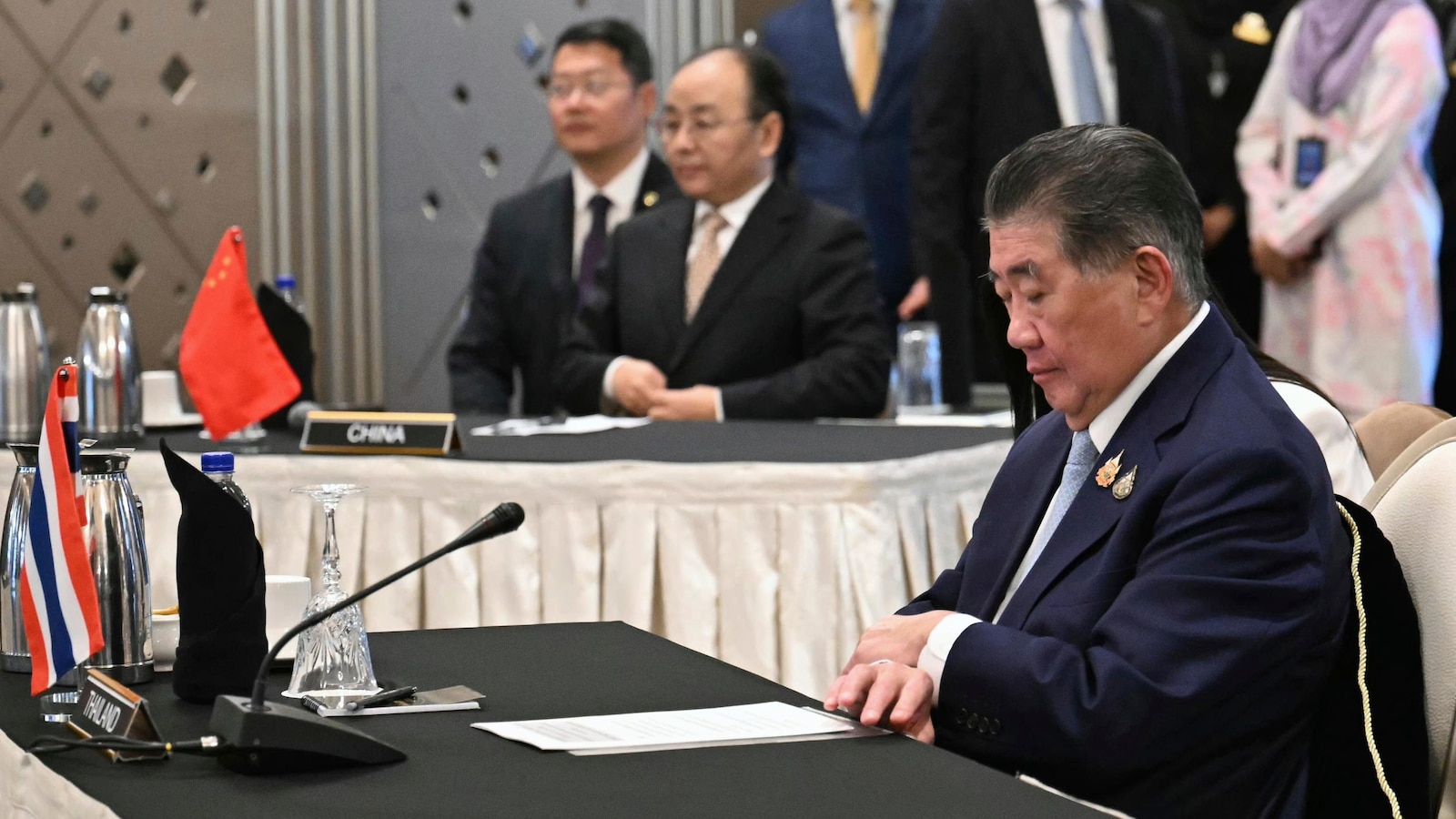Thailand-Cambodia Ceasefire Takes Effect, Halting Deadly Border Clashes
Thailand-Cambodia Ceasefire Takes Effect, Halting Deadly Border Clashes

A critical ceasefire between Thailand and Cambodia has officially taken effect today, July 29, bringing an end to five days of deadly border clashes. The agreement, brokered by Malaysian Prime Minister Anwar Ibrahim, was announced Monday, July 28, marking a significant de-escalation in tensions between the two Southeast Asian nations.
The ‘immediate and unconditional’ ceasefire was agreed upon by Cambodian Prime Minister Hun Manet and Thai Acting Prime Minister Phumtham Wechayachai during talks in Putrajaya, Malaysia. This breakthrough follows intense negotiations and comes after a period of escalating violence that killed at least 35 people and displaced over 260,000 villagers on both sides of the disputed 800-kilometer frontier.
Malaysian Prime Minister Anwar Ibrahim, who chaired the talks as head of ASEAN, emphasized that this is a ‘vital first step towards de-escalation and the restoration of peace and security.’ Both nations have committed to holding further meetings between military and officials to defuse border tensions, with foreign and defense ministers instructed to develop a detailed mechanism for implementing and monitoring the ceasefire.
The swift resolution was reportedly influenced by direct pressure from U.S. President Donald Trump, who had warned of potential trade deal repercussions, and saw participation from China in the co-organized talks. With the ceasefire now active, the immediate focus shifts to enabling the safe return of hundreds of thousands of displaced residents and rebuilding trust between the two ASEAN member states.
Disclaimer: This content is aggregated from public sources online. Please verify information independently. If you believe your rights have been infringed, contact us for removal.